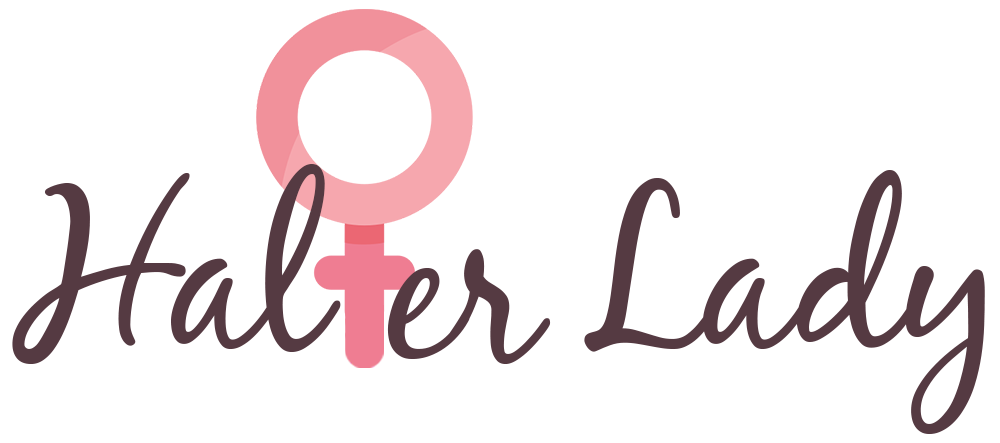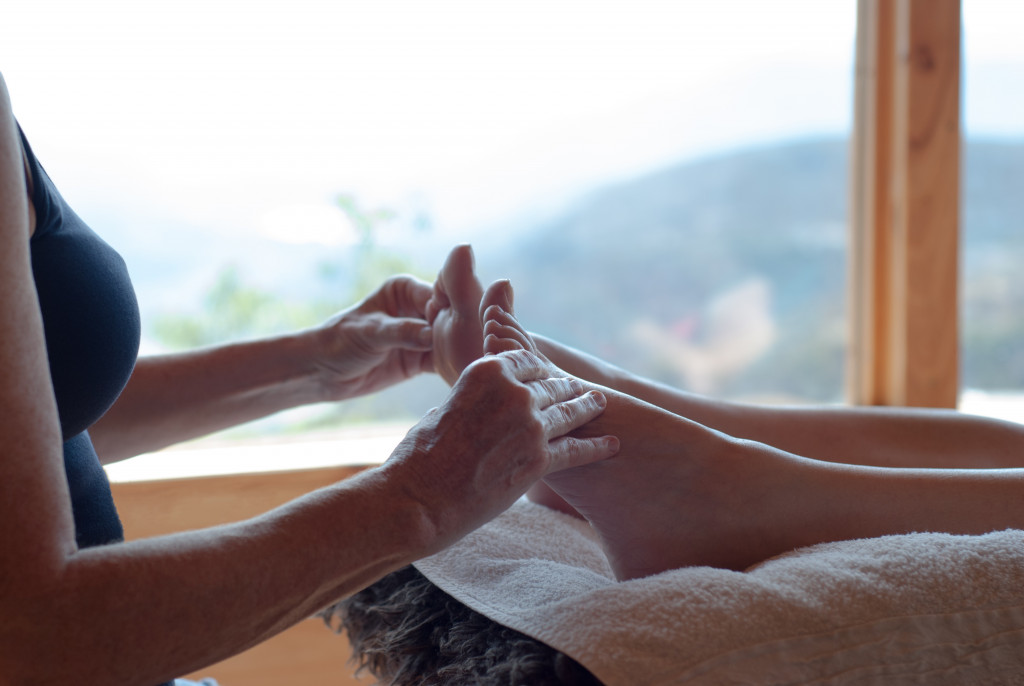The term “holistic” has been steadily gaining fame in the medical field, especially in psychology. Sure enough, these days, you’ll hear a lot about people who do yoga or meditation to de-stress. Meanwhile, those with more serious mental health problems can seek out holistic treatments either as an alternative to traditional medication or complementary treatment. Even cancer patients can do the same, and they report great results from it.
But what is holistic, really? Holistic health or holistic medicine is an approach to healthcare that addresses the whole person, as in the body, mind, and soul. Holistic health believes that a person’s physical, mental, and emotional well-being all play essential roles in their overall health. Hence, to prevent or treat any disease, the body, mind, and soul should heal.
There is not much scientific evidence that holistic medicine helps treat mental health problems. However, many people find them useful, and medical doctors aren’t against it, as long as they’ve approved the specific holistic treatment that their patients have sought out.
Popular Holistic Treatments for Stress and Mental Health Problems
-
Alternative Medical Systems
Many types of alternative medical systems were developed a thousand years ago outside of Western medicine. These include traditional Chinese medicine (TCM) and Ayurveda, which originated from India. More recent practices, such as homeopathy, naturopathic medicine, and chiropractic, are also considered alternative medical systems.
-
Mind-body Interventions

Yoga, meditation, and spiritual support groups belong in this category. They aim to boost mental health to enhance physical healing. Yoga, in particular, is popular not just as a treatment but also as a weight loss aid since certain types of yoga tone the body and improve flexibility. In addition, there’s some evidence that yoga can help reduce depression and stress.
Meditation, specifically mindfulness meditation, is becoming increasingly popular as well. It is the practice of becoming aware of your thoughts and feelings so that you can learn to deal with them better. A few things make meditation more effective, such as spiritual meditation bracelets, among others. Made from healing stones and crystals, these bracelets (or mala beads) deliver various psychological benefits, from mental clarity to courage.
-
Biologically-based Therapies
Aromatherapy, herbal medicine, and dietary supplements fall in this category. Aromatherapy boomed during the pandemic, as it is most known for creating a spa-like environment in the home. But more than that, the essential oils used in aromatherapy have a range of psychological and health benefits. Lavender, for example, reduces stress. Tea tree can fight infections and boost immunity. Rose can ease anxiety, and sandalwood can enhance focus.
Herbal medicine or remedies are made from plants. They come in liquid, powder, and cream forms. Some popular types include St. John’s Wort (for depression), Valerian (for anxiety), passionflower (for anxiety and nervous breakdown), and bach flower remedies (for trauma and panic). Note that some herbal medicines harm a particular condition, so you must consult your doctor before taking any.
Finally, dietary supplements in holistic medicine stem from plants and other biological materials; in other words, natural sources. A few popular ones are ginseng (which reduces stress and boosts the immune system) and chamomile (which improves sleep quality and reduces anxiety).
-
Energy Therapies
Energy therapy or energy healing believes that a person’s energy can be manipulated to improve their health and well-being. Reiki, meaning “mysterious atmosphere” and “miraculous sign” in Japanese, is one well-known type of energy therapy. In this practice, therapists hover their hands above specific areas of their client’s (or patient’s) head, limbs, and torso. When they feel the heat rising from the client’s body parts, they will remove their hands and place them on a different area. That heat is believed to be energy that’s flowing.
Some Reiki practitioners will also use chakra healing wands and healing stones because they believe that they aid in treating an ailment and protecting from negative energy.
Things to Consider Before Seeking Holistic Treatments

Again, you must consult your doctor before trying out any holistic treatment. It’s also important to note that some holistic doctors are not actually medical doctors. In that case, they’re more properly referred to as holistic practitioners. As such, they’re not licensed to practice medicine beyond their field.
No matter how effective holistic medicine might be, they’re not meant to replace traditional medicine altogether. You may use them alone for stress relief only; for example, meditating after work to unwind or doing yoga every morning before starting work. But if you’re diagnosed with a medical condition, you can only use holistic medicine as a complementary treatment unless otherwise stated by your doctor.






